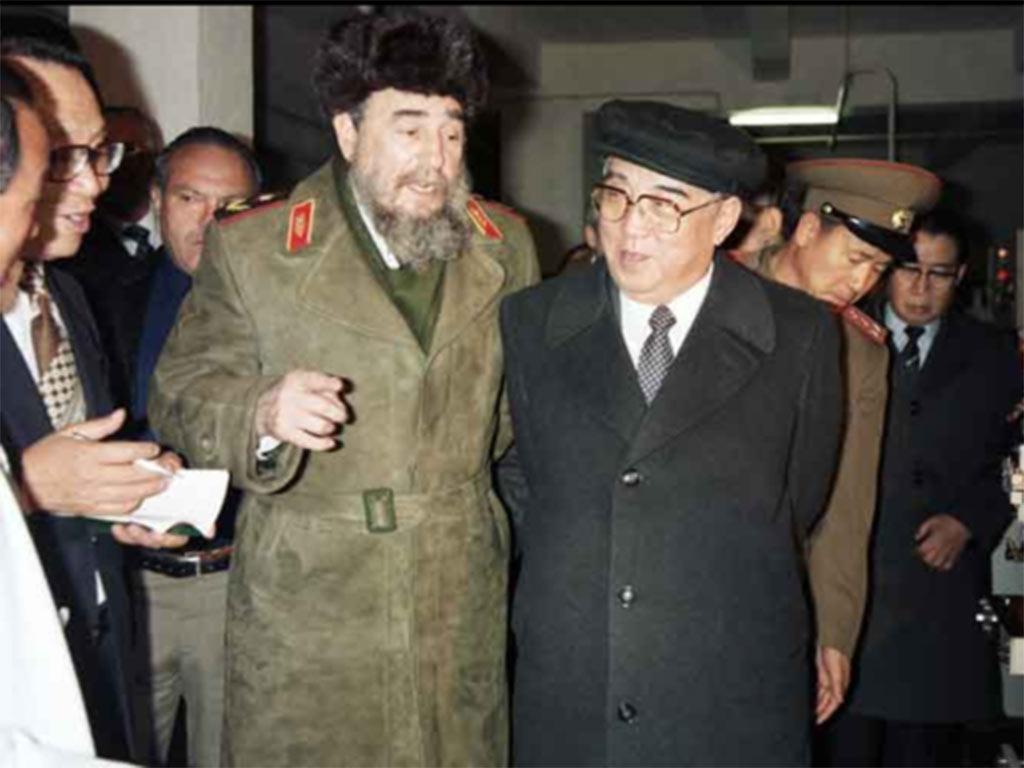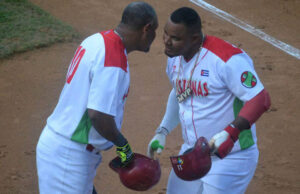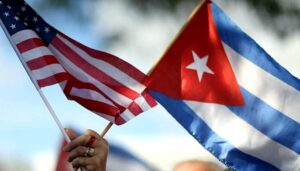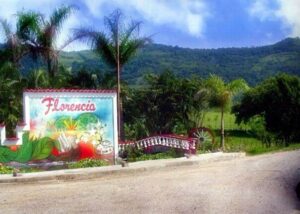The Republic of Cuba and the Democratic People’s Republic of Korea (DPRK) mark this 29th August 65 years since the establishment in 1960 of diplomatic and collaboration relations, with friendship between peoples, parties and governments.
By Pedro Rioseco
Prensa Latina Collaborator
This was highlighted by the Commander-in-Chief of the Cuban Revolution, Fidel Castro Ruz, on 11th March 1986, during his visit to the Democratic People’s Republic of Korea, where he held friendly conversations with its leader, Kim Il Sung.
On that occasion Fidel said: «We have been able to glimpse the Korea of the liberated workers, of the sovereign and dignified people, of the creative scientists, of the happy children, the Korea of socialism!»
He recognised the Korean people for their «tenacity and firmness, which under the direction of comrade Kim Il Sung, transformed the heroism of the war into the no less important heroism of selfless, disciplined and daily work, from which has emerged a developed industry, an impressive constructive effort and a modern and efficient agriculture».
Reciprocal collaboration, the coincidence on international matters, the invariable North Korean stance of support for Cuba and of condemnation of the blockade that the United States has maintained against the Island for over six decades, constitute part of a heritage of dignity and value between both nations.
At the 73rd Period of Sessions of the UN General Assembly on 26th September 2018, the Cuban president, Miguel Díaz-Canel Bermúdez, energetically condemned «the imposition of unilateral and unjust sanctions against the Democratic People’s Republic of Korea and external interference in Korean affairs».
In November 2018, Díaz-Canel was received in Pyongyang by the North Korean leader Kim Jong-un and a mass concentration of people of over one million along the route travelled by both dignitaries.
Thus it has always been verified, equally in international forums as in the numerous official visits of Cuban leaders to that Asian nation, initiated by Commander Ernesto Che Guevara, who was the object of a great popular reception on 3rd December 1960.
In 1966, the then president Osvaldo Dorticós and the current Army General Raúl Castro Ruz in 1966, visiting Pyongyang, carried a message of greeting and admiration for the Korean people and the leadership of the Asian nation, and received the affection of their hosts.
In a Reflection by Fidel Castro on 24th July 2008, he wrote: «When I arrived in the Democratic People’s Republic of Korea, almost 33 years after the destruction left by the war, it was difficult to believe what had happened there.
«That heroic people had built innumerable works: large and small dams and canals to accumulate water, produce electricity, supply cities and irrigate the fields; thermoelectric plants, important mechanical and other branch industries, many of them underground, set in the depths of the rocks through hard and methodical work.
«Due to lack of copper and aluminium they were forced to use even iron in power-devouring transmission lines, which partly came from coal.
«The capital and other razed cities were built metre by metre. I calculated millions of new homes in urban and rural areas and tens of thousands of service installations of all types. Infinite hours of work were converted into stone, cement, steel, wood, synthetic products and equipment.
«The crops I could observe, wherever I went, seemed like gardens. A well-dressed, organised and enthusiastic people were everywhere, receiving the visitor. It deserved cooperation and peace.»
The history of the DPRK in its struggles for independence is very long, heroic and rich. In 1905 Japan invaded Korea and in 1910 annexed its territories by force, putting an end to the Yi dynasty.
Japan used Korea as a provider of food and a source of cheap labour. That allowed, during these years, the North of the country to develop industrially in order to serve Japanese warmongering and expansionist endeavours.
The Japanese occupation oppressed the Korean people preventing them from using their own language and it is estimated that some 200 thousand Asian women were forced into prostitution.
In April 1932, Kim Il Sung founded the Korean People’s Revolutionary Army (KPRA), with young people who intended to confront the Japanese occupation through armed struggle. One often speaks of the Nazi barbarity in Europe, but the Japanese one in Asia and the Pacific was no less and in some cases, even surpassed it.
After 35 years of barbarity, following the defeat of Japan in the Second World War and before the formal surrender of Tokyo on 2nd September 1945, the United States manoeuvred to create two zones delimited by the 38th parallel, with the support of the Soviet Union in the North and the South controlled by Washington.
The Democratic People’s Republic of Korea began its independent life in 1948, under the guidance of the Workers’ Party of Korea (WPK). Its political-ideological orientation sustained in the Juche thought combines confidence in one’s own forces, nationalism and a centralised economy planned by the State.




